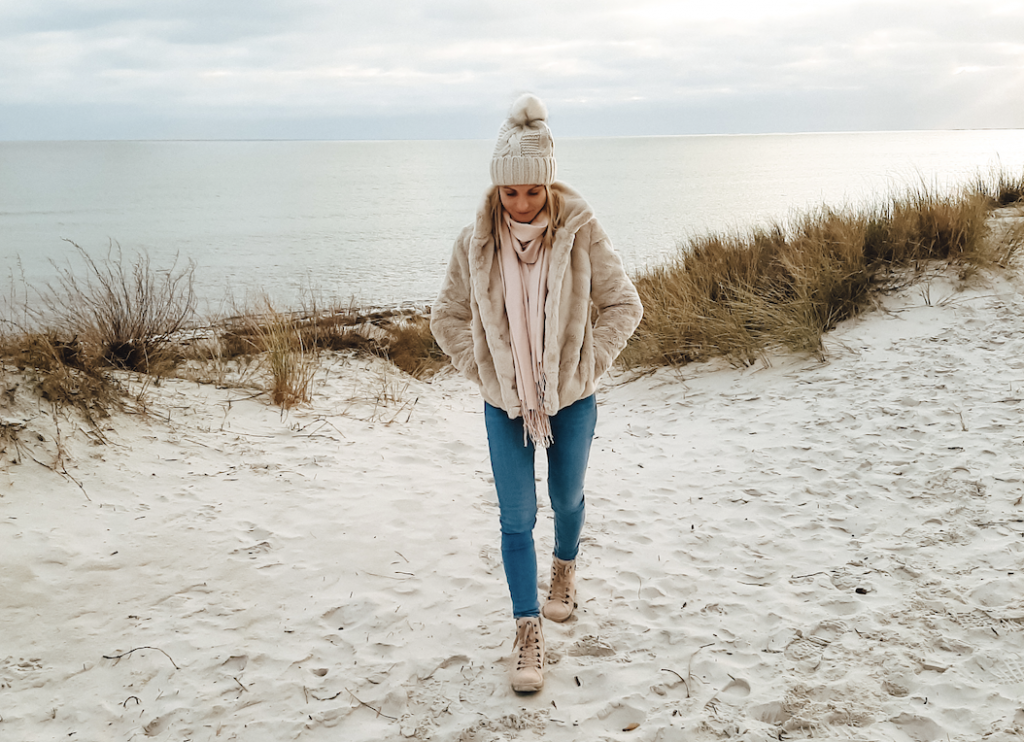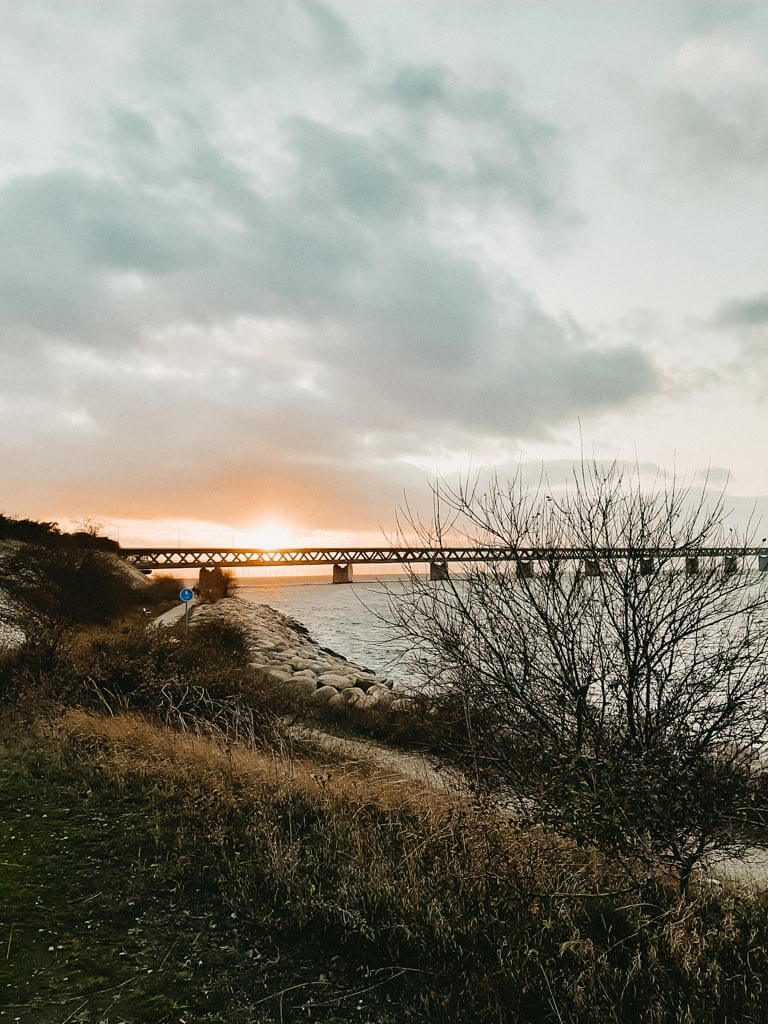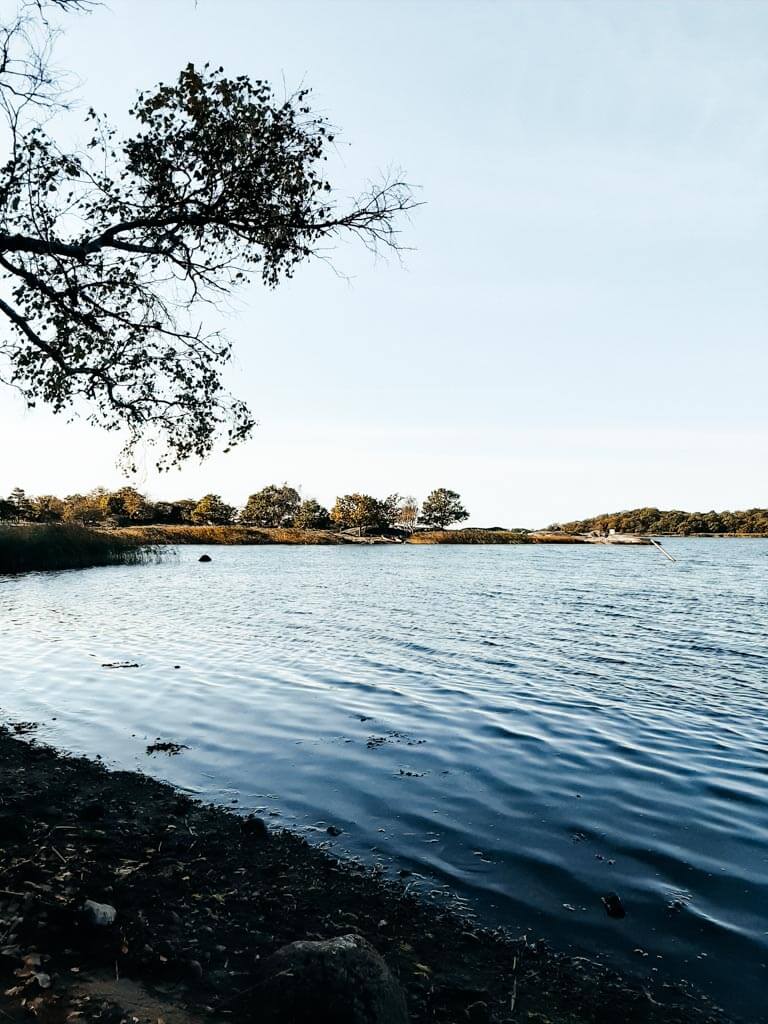Tall, blond people, ABBA, Volvo, Herring, and IKEA are just a few examples that come to people’s minds when thinking of Sweden. But is that all?
I have asked Marlene to tell us more about her expat life abroad in Malmö Sweden including challenges, language, and cultural barriers, local dishes, costs of living, and much more.
Hi Marlene, tell us about yourself…
I am Marlene, married and I have two kids. I am from the southern part of Germany, close to Stuttgart. End of October 2015 my husband got an offer from his company to work in Australia and together we decided to take on the adventure.
It all went pretty fast from there and we moved to Australia in February 2016. In September 2016 our daughter was born and in July 2018 our son. After three years of living in Melbourne, we moved to Sweden end of March 2019, again due to my husband’s work. Till today we are living in Malmö.
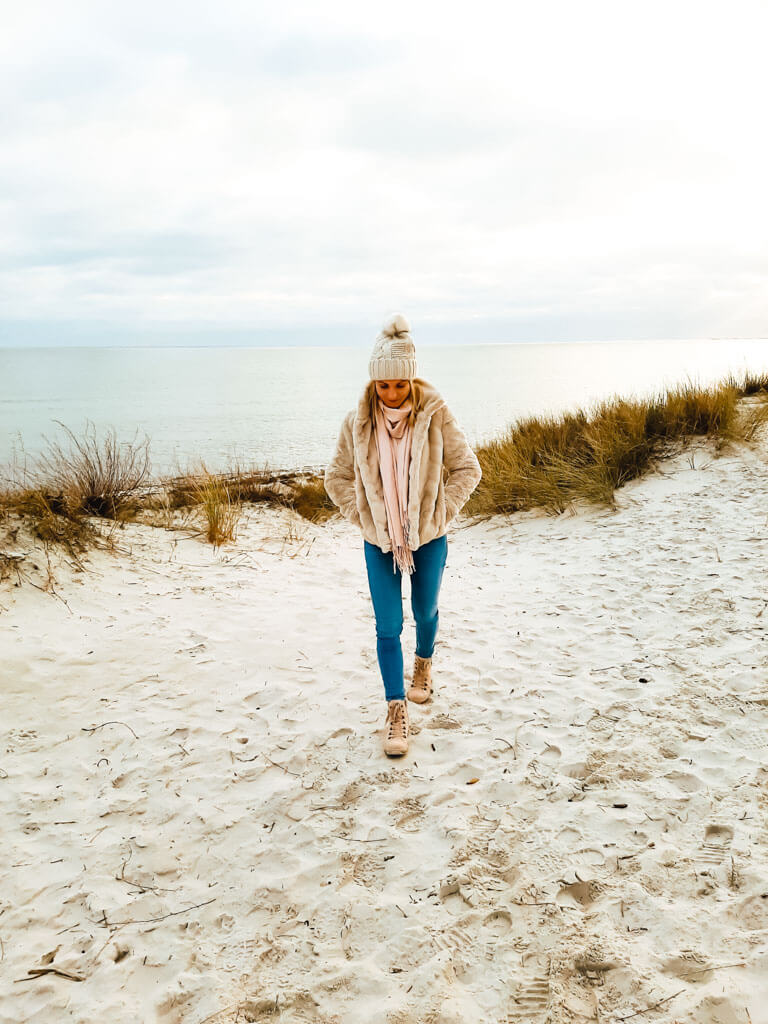
What was the main reason for moving to Sweden?
My husband was offered another job opportunity and Sweden is not so far away from Germany.
Is it easy to connect with locals or are there any barriers?
The Swedes are very friendly people, but also a bit distant. Therefore, it’s hard to get to know someone better and when you are in your 30s, you have your friends already so it’s not easy to get in.
The first year was hard anyway, we had no kindergarten for our kids, my husband had to travel to Germany a few times where we accompanied him and then the pandemic came and the world changed…even in Sweden.
How about the cost of living?
Sweden is not a cheap country to live in. Compared to Germany the cost of living is quite high (based on our impression) while the wages are a little lower. If I had to put a number to it, I would say around 10% more expensive as in Germany.
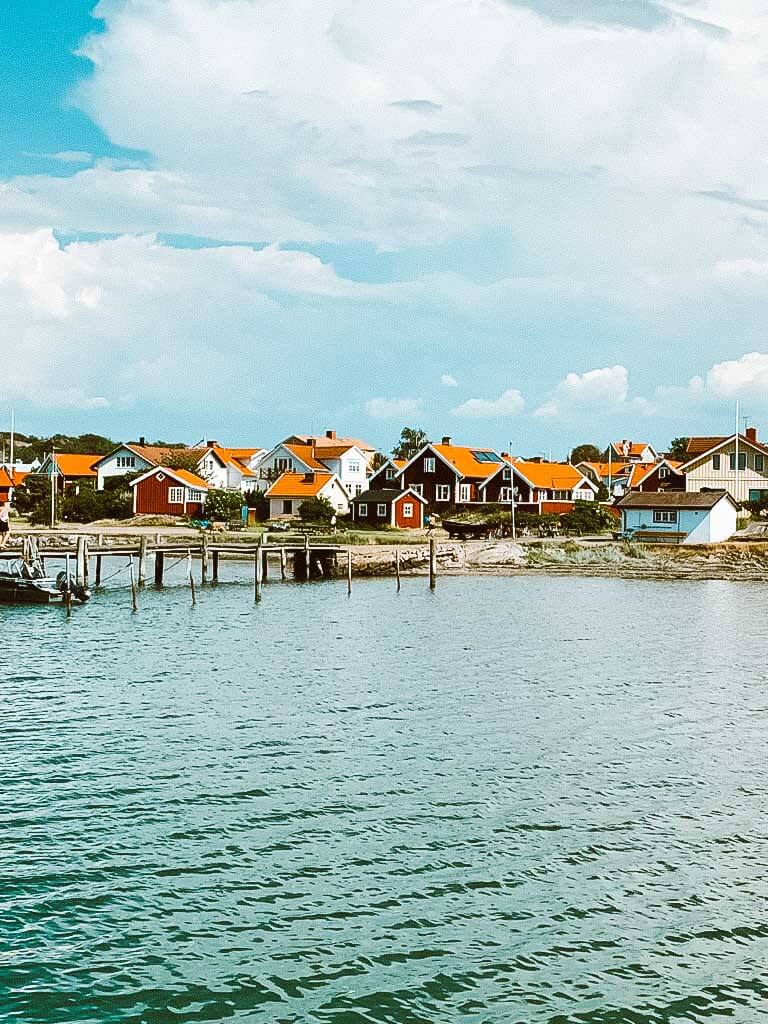
What is your favorite and least favorite part about living in Sweden?
There are a few things I really like about Sweden. First, that Sweden is so close to Germany. You can also drive if you want.
Beside the geographical plus, the nature is great here up North. They have a lot of nature reserves, lakes and of course the beach.
Another cool thing is the “allemansrätten” which basically means that you can do what you want, of course, within certain boundaries. For example, you can pick berries or mushrooms or put your tent up wherever you like.
My least favourite thing is the distance the people have to you, so it is not so easy to find friends.
What was the biggest culture shock for you?
From my point of view, there are not that many differences between Swedes and Germans. I guess the biggest shock for me was that they love their bicycles and even go to IKEA shopping with them.
You even sometimes see a whole family on tour on a so called “Christiania Bike”. It’s a cargo bike where you have some room in the front to sit in.
What is your favorite local food?
It is not a “kanelbulle” (cinnamon bun) like everyone else’s, but I like the so called “chokladboll” (a little chocolate ball with oats). Before I turned vegetarian, I also enjoyed some “köttbullar” (Swedish Meatballs) or a “smörrebröd med räkor” (a bread topped with shrimps). The Swedes also love soft ice-cream and so do I.
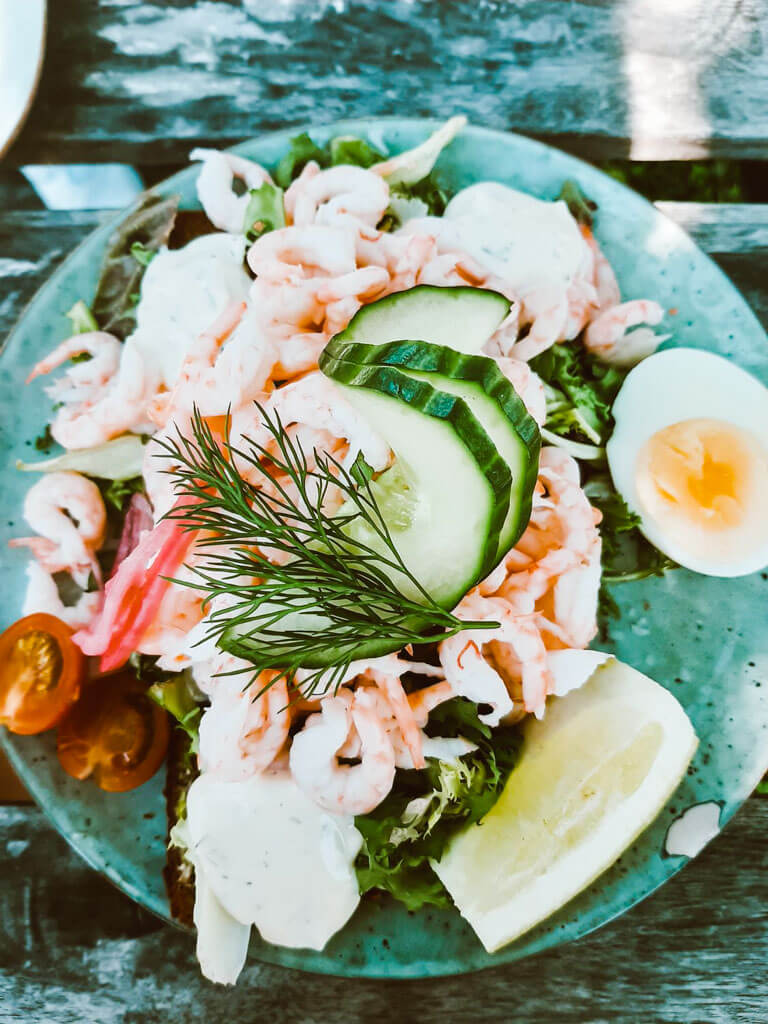
Can you share any funny/typical tradition from Sweden?
I can share more than one funny tradition from Sweden.
The Swedes love coffee and it is very important for them to celebrate their “Fika”. They stop working and drink coffee and have a chat. They do that between 2-3 times during a work day, of course if the company is ok with it.
If there is a cake or some sweets brought in for everyone, there will always be something left on the plate. They do not take the last piece. They rather cut the last piece of cake in half and then this one in half as well.
In Sweden you take off your shoes everywhere. Not only if you enter someone’s home, also in the Kindergarten, when you visit the midwife, at the chiropractor etc.
What is a stereotype about Sweden that you found out not to be true?
Before I lived here, I always had the image of red wooden houses and moose walking around in my head, but the reality is that, at least here in the south, the villages and cities look like everywhere else in Europe.
The typical red houses you usually see when you drive up north or on some places at the country side. So far, we have not seen any moose in the wild.
What is your favorite thing to do in Sweden that people should do if they visit?
I recommend everyone to just travel around and explore the whole country. On both sides, east and west you will find beautiful costal areas and little towns. In the middle you have a lot of nature where you can walk around freely due to the “allemansrätten” I already mentioned above.
When it comes to Malmö, I have written two post about things to do in Malmö and popular cafes in Malmö.
What was the biggest challenge for you once you moved to Sweden?
The biggest challenge for me was to learn the language. Swedish is quite similar in many words to German and also to English, so speaking these two languages gives you quite a good basis to start with.
Besides finding the time to learn Swedish, it’s hard to talk to someone. First, because of the ongoing pandemic and that you don’t go out really and second because everybody speaks English here which makes it quite easy to survive without the native language.
What is a fun fact about Sweden most people don’t know about?
Swedish people love to celebrate and dress up. Because alcohol is pretty expensive it can happen that during festivities the Swedes have the one or other drink too much and therefore a heavy head the next day.
What would be your top advice for people who are thinking to move to Sweden?
- You need a “personnummer”, basically an ID card. Without this number nothing works, so make sure that is the first thing you do after arriving in Sweden (you cannot do it from elsewhere).
- It is difficult to find an accommodation. I suggest to hire an agent who knows the market and that makes it a bit easier for you.
- If you have children and need a kindergarten, it can take up to 4 months to get a place. So, make sure you register early.
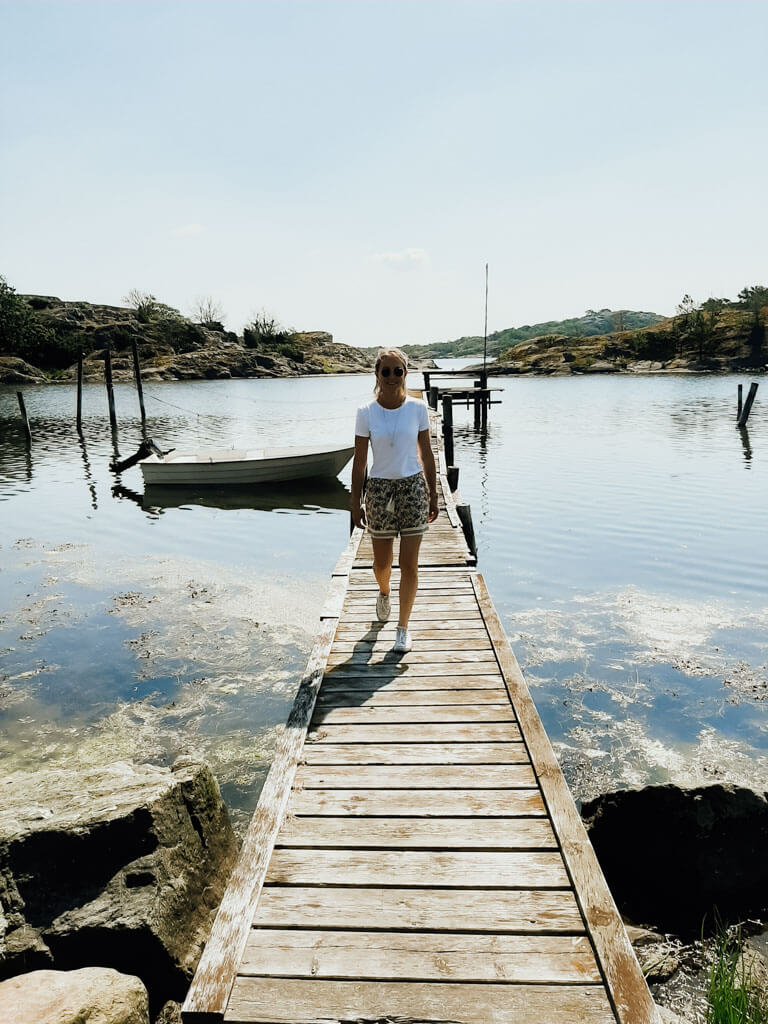
What is the biggest difference between your home country Germany and Sweden?
Germans are more direct in their approach. Most of the Swedes would not tell you directly that they have a problem with you or don’t agree with you. They would be more polite, or even wait and do nothing to see how it goes.
What do you miss most from home?
My family, my friends and some typical German products like bakery products, special German food etc.
You can connect with Marlene on Instagram if you want to know more about emigrating and living in Sweden.
You can find more expat stories on my blog.



